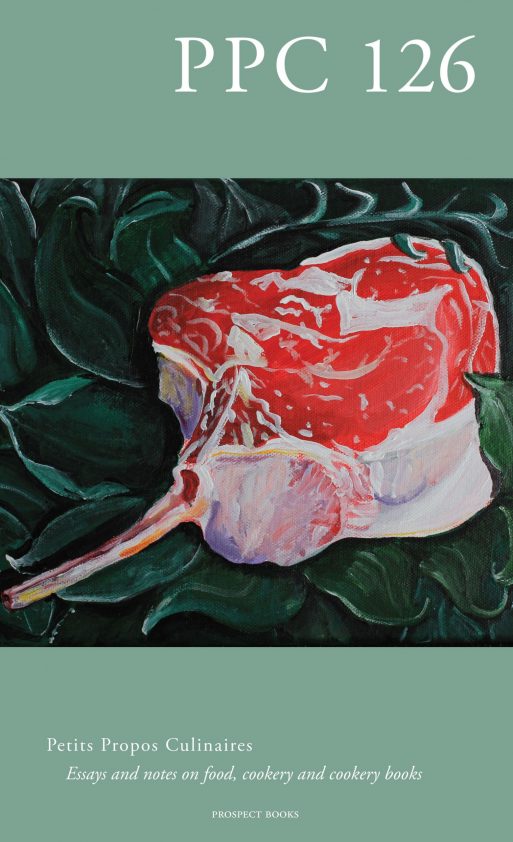Towards a Reassessment of Plato in Food Studies
DOI:
https://doi.org/10.1558/ppc.27719Keywords:
Plato, ancient Greece, Galen, sensory pleasures, body, food and medicineAbstract
What is Plato’s contribution in this field? This article offers preliminary reflections on Plato’s contribution, to be followed by a second that reviews all of Plato’s works.
Many might suppose his contribution to be negative: in this article I will revisit three texts often alluded to by those who would divide body from soul, to the detriment of the former, and would downplay the senses in favour of lofty intellectual and spiritual aims. Here Plato shares interests with puritanical thinkers within Christianity and its pagan predecessors, who were obsessed with the dangers of pleasure and luxury.
I hope to show, however, that this is only part of the story: Plato has much to tell us about the civilized life of the city and about the importance of the senses. Food has a big part to play for the good in Plato’s thinking.
References
Gill, C. 2010, Naturalistic Psychology in Galen and Stoicism (Oxford: OUP).
McGee, H. 2020, Nose Dive: A Field Guide to the World’s Smells (London: John Murray).
Roochnik, D. 2020, Eat, Drink, Think (London: Bloomsbury).
Rudolph, K. (ed.) 2018, Taste and the Ancient Senses (London: Routledge).
Wilkins, J. & Hill, S. 2006, Food in the Ancient World (Malden MA and London: Blackwell).

